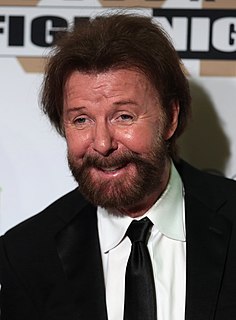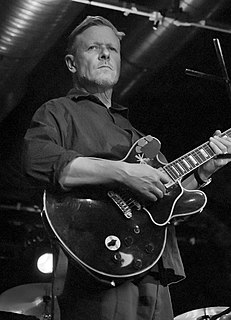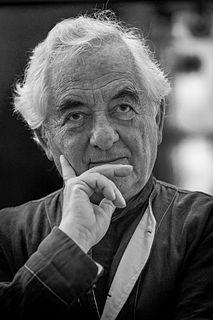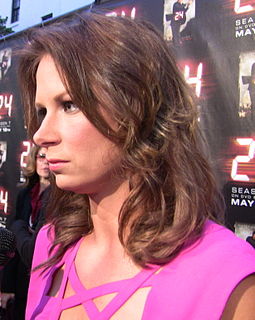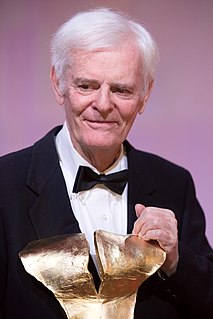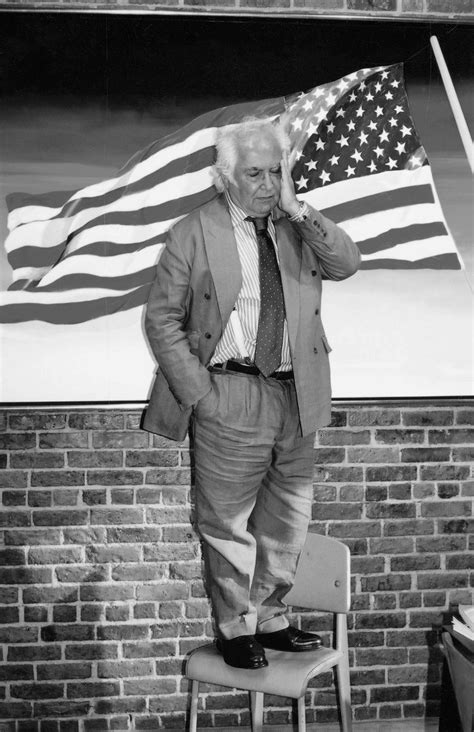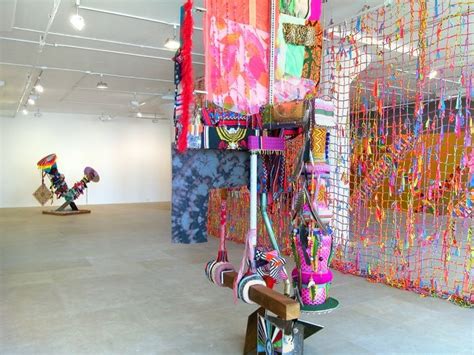A Quote by Agnes Denes
Public art existed all along, but ecological art just naturally grew out of my thinking and writings in that area for years. I didn't get involved in it; I started what then became a movement.
Related Quotes
During the last 35 years, the artists multiplied, the public grew enormously, the economy exploded, and so-called contemporary art became fashionable. All these parameters changed the art world form its previous aspects and fundamentals - the explosion of museums and institutions, explosion of Biennales and Triennials, explosion of money, explosion of interest, explosion of artists, explosion of countries interested in contemporary exhibitions, explosion of the public. Not to see that is to be more than blind.
Warhol and other Pop artists had brought the art religion of art for art's sake to an end. If art was only business, then rock expressed that transcendental, religious yearning for communal, nonmarket esthetic feeling that official art denied. For a time during the seventies, rock culture became the religion of the avant-garde art world.
By the late '50s, something was happening in England, and it got to be quite exciting. The music world then started to explode with the Beatles and the Rolling Stones. It was an incredible time with this mixture of independence in art, fashion, and the explosion of the pop sensibility. London was certainly at the center of it all for a few years. And as far as art is concerned, I think that sensibility of what was later called Pop art started in England even before America. And so I was lucky to be there.
When I was 15 years old and in the tenth grade, I heard of Martin Luther King, Jr. Three years later, when I was 18, I met Dr. King and we became friends. Two years after that I became very involved in the civil rights movement. I was in college at that time. As I got more and more involved, I saw politics as a means of bringing about change.

